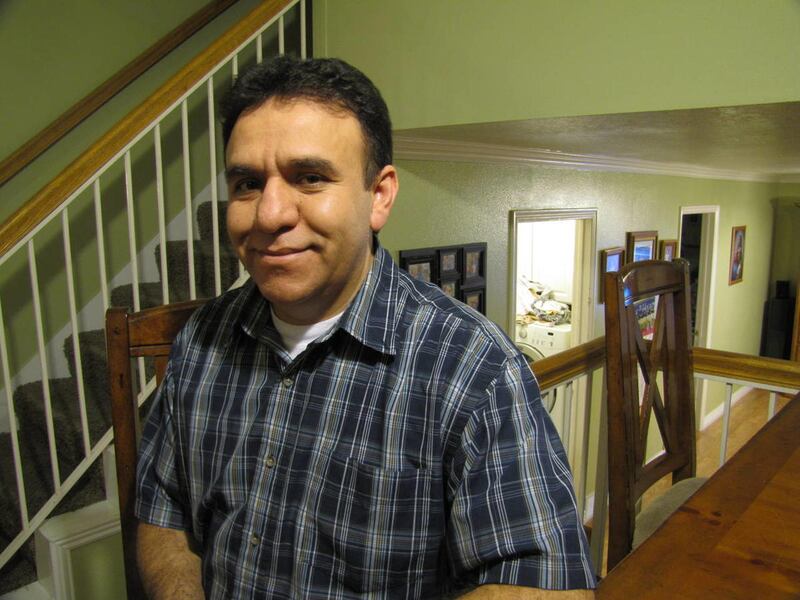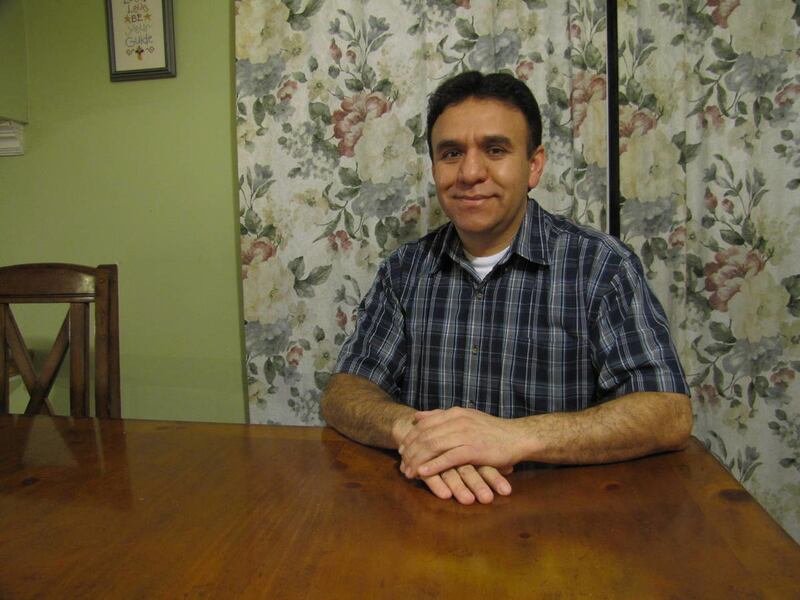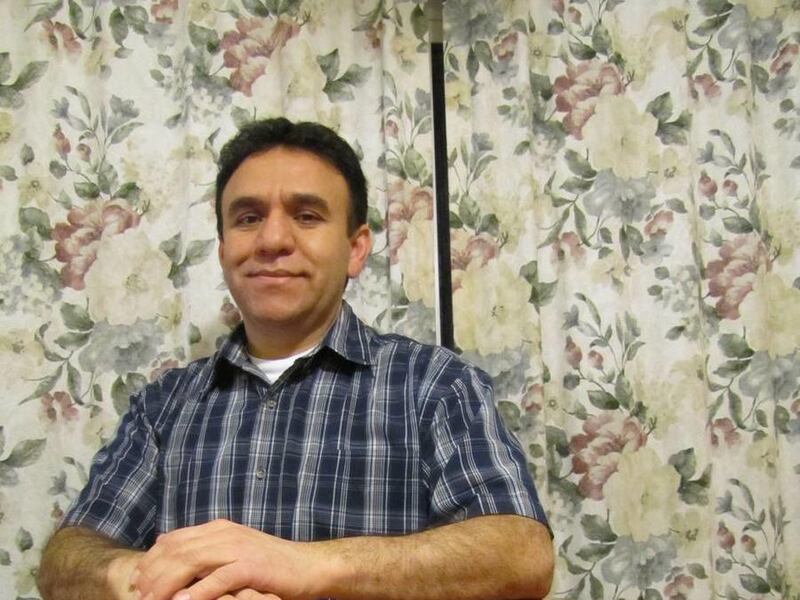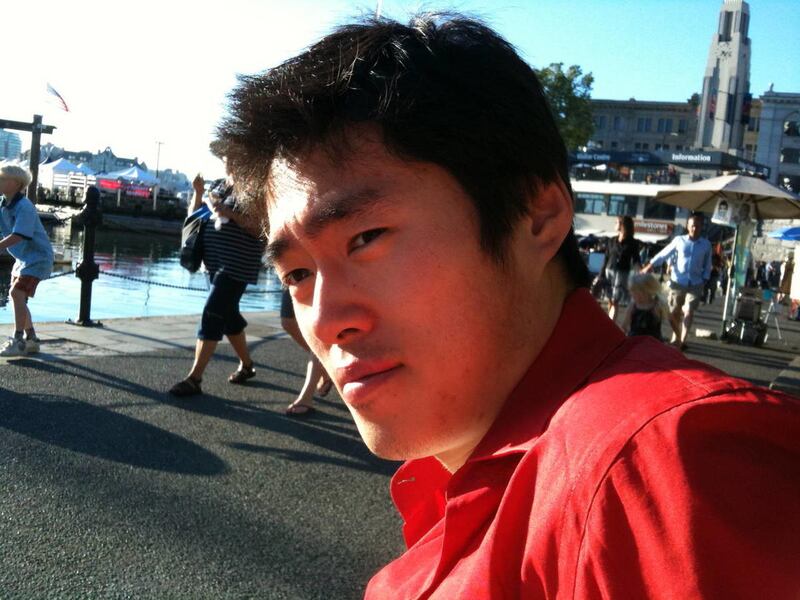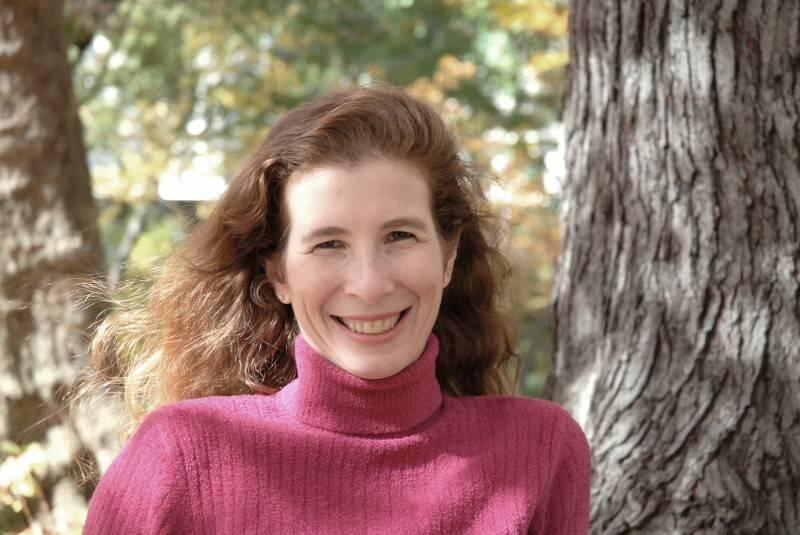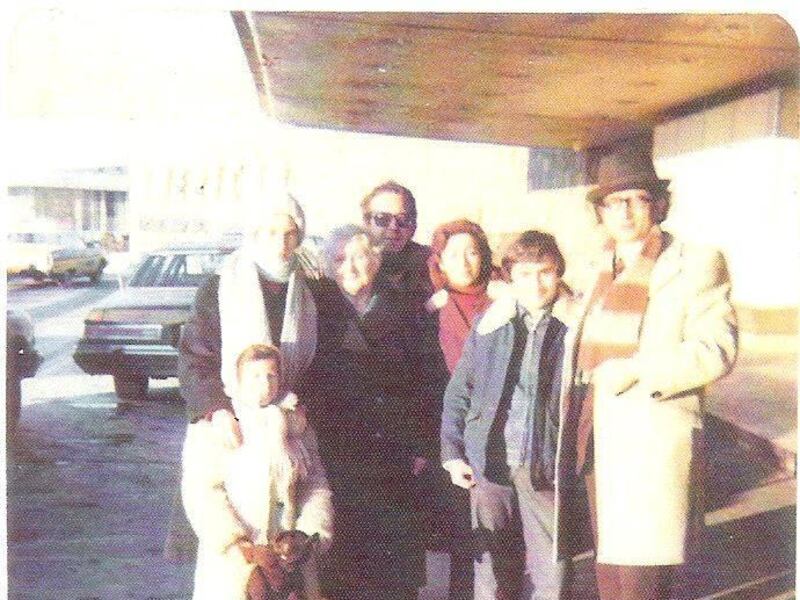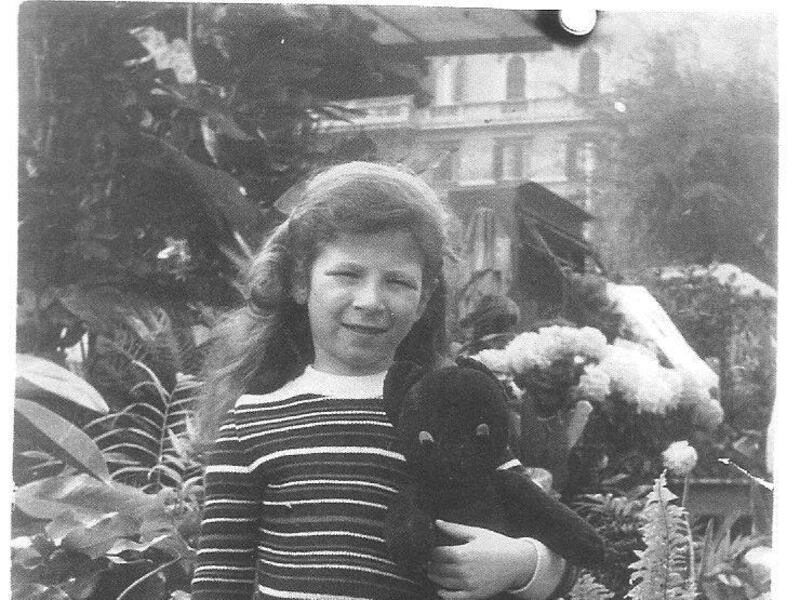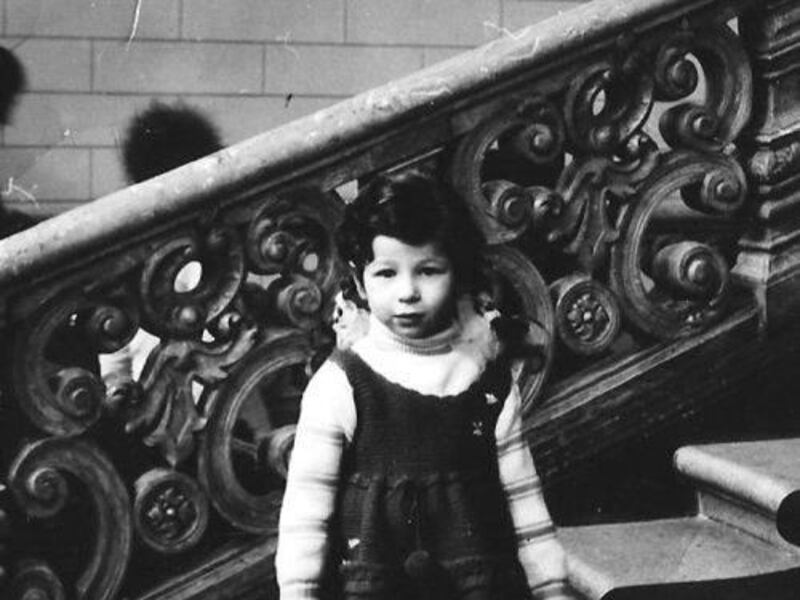Bo Lu remembers the first supermarket he ever saw. He was only 7 years old when his family emigrated from China to Morgantown, W.Va., in the early 1990s.
"Here we were in a Podunk supermarket in the middle of Appalachia," he said. "And yet the massive variety of items was incredible to us."
In China, he remembers, stores had seasonal and regional differences. You bought fruits and vegetables if they were grown in that area and if they had been recently harvested. But in America, everything was always available.
"Everywhere you go in the U.S., we bought the same stuff," said Lu, who is the CEO and co-founder of FutureAdvisor, an investment management firm in the San Francisco Bay Area.
Like many immigrants and visitors from around the world, Lu was seeing the sort of things that only someone raised in another place and culture would notice. And seeing through the eyes of immigrants gives insights to how Americans can approach their own finances and save money.
Shopping from the edges
One of Lu's earliest memories of life in China is of when his father, an electrical engineer, brought a live duck home from the market after work. Well-educated, urban professionals would buy their own animals, he says.
Lu's dad hacked off the duck's head outside their home to prepare it for dinner.
"The headless duck then took off running," Lu said. "My dad, briefcase still in hand, ran down the street after it."
Common experiences such as this lead to a preference for fresh and simple foods and ingredients. So when Chinese purchase foods in American grocery stores, Lu says, they have a tendency to shop along the edges and buy raw ingredients — vegetables, fruits, unprocessed meat and so forth.
As horrifying as performing a duck decapitation may seem to some Americans, Lu found the opposite horrors in the U.S. when he met his first hot dog in the school cafeteria.
"I asked my friend what was in it," Lu said.
His friend didn't know. Lu says he couldn't figure out what it was, either.
"It didn't look like any animal I knew," he said. "It was this incredible thing to me that you would put something in your mouth that you didn't recognize."
This built-in prejudice against processed foods removes half the grocery store from consideration, Lu says — and in the process takes out some of the less healthy and more expensive items.
Russian bear mom
Like Lu, Alina Adams immigrated to the United States with her parents when she was 7. Adams, who is now in her early 40s, was born in the Soviet Union in Odessa (now part of Ukraine).
One of the things she likes about living in New York City is how she is able to stock up on low-priced and sale items for her husband, her three children and herself.
"In the Soviet Union, you couldn't stock up," she said. "You couldn't plan ahead because you didn't know what was going to be available. People got in lines without knowing what the line was for — and they took whatever they gave you."
As a columnist on frugality for the New York Frugal Family Examiner, Adams loves the freedom to plan but worries about how some Americans exercise the freedom to get into debt.
"Americans seem to believe that if their children do not get everything they want when they want it, they will be sad," she said. "And that being sad is a bad thing. And that it is a parent's job to keep their children from ever feeling sad. And that the best way to do that is to buy them things."
She says people buy things even if they do not have the money.
"I have three children," Adams said. "I would never think to buy them something they want with money I don't have."
Sometimes her family jokes and compares her to the Chinese "Tiger mom" stereotype by calling Adams a "Russian bear mom."
But coming from childhood poverty and a one-room apartment where she only had one dress to wear affects how she views her budget and what she actually needs.
"When you realize how little you need," she said, "it is difficult to spend money on things you know you can do without."
Efficient gifts
Lu's attitudes about gifts are also shaped by his upbringing. He says in China people will most often give gifts of money to people because it is efficient.
"You don't know what other people may want, and it is crass to ask for specific objects," he said. "And since you don't know what everyone else wants, you just give them money."
In America, he was shocked when his schoolmates would talk about their birthday and other gifts and how they hated most of them.
Jorge Ortega, a computer administrator in West Valley City, immigrated to the U.S. in 2000 and also brought attitudes about gifts with him.
In Mexico, Ortega says, if you want to give a gift to another family member, most of the time it is something you make with your own hands.
"You don't go to the store to get a gift," he said. "If you are a carpenter, you might give them a piece of furniture. If you have a garden, you may bring over a nice floral arrangement."
Lu says the worst thing you could do with gifts in China (if you didn't get money) is not use them.
Throw-away thrift
Lu says his family was fascinated with how, in West Virginia, people would put furniture, stereos and other items on the edges of their driveways.
"What is this practice," they wondered, "of people storing things on the edge of their driveways?"
It was his first encounter with America's throw-away society.
But when he wanted a stereo when he was a kid, he found one somebody had put out on a driveway for garbage or for people to take for free. It was broken but easily fixed by his engineer father.
This attitude of fixing things and using them up is also part of Ortega's background — and leaves him amazed at thrift stores and the things people get rid of.
"Myself, I buy stuff and don't get rid of it until it is in really bad shape," he said. "If my clothes have a hole in it, I might try to cover it up. When I am done with a bed, I throw it out because it is no longer good enough for donation."
Adams also loves reusing things — and says she reuses almost everything. She is particularly fond of all the free plastic bags stores give her with purchases, which she uses as garbage bags.
"There is so much in America," Adams said. "So much gets thrown away when it could be used. The abundance is wonderful; that is why people want to come to America. But sometimes it makes my brain hurt."
Saving default
Lu, an investment manager, sees the contrast in attitudes between China and America when it comes to debt. "In China, saving is the default for all money," he said. "Debt is a cultural disgrace. The only thing worse than losing your money is losing someone else's money."
The attitude in America, he says, embraces more risk — which enables people to invest in startups while knowing that not everything is a sure deal.
"Not seeing debt and credit as a disgrace is something the U.S. does better than China," he said.
Ortega, however, worries about the easy credit available in America.
He says the system makes getting credit easy for people, "And so they are always in debt, and they do not plan for the future."
Ortega often gives advice to other immigrants from Mexico and tells them they should be very careful about getting into debt. "People don't understand the system in the U.S. and how easy it is to get into debt," he said. "If something is easy to get, then many people just get it."
Like Lu and Adams, Ortega tries to find a balance between the values and attitudes he found in his birth country and those in his adopted country. He also tries to teach frugality to his three children.
"Little by little, they understand," Ortega said. "We try to teach them to appreciate what they have."
Email: mdegroote@deseretnews.com, Twitter: degroote, Facebook: facebook.com/madegroote

